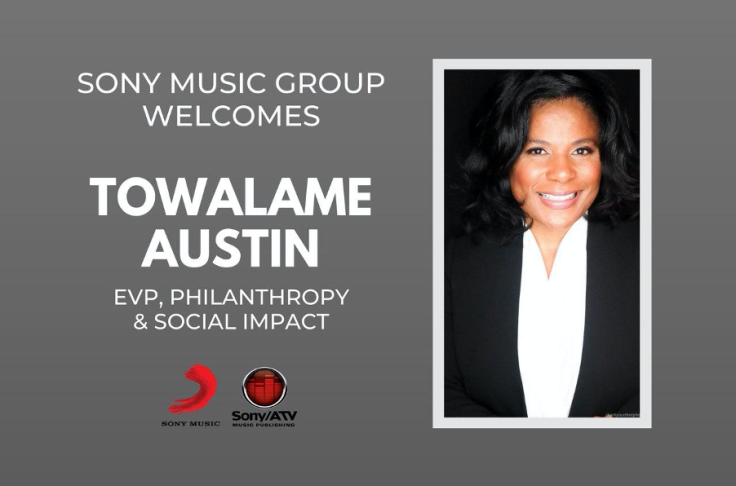Why Social Responsibility in Business Matters Now More Than Ever

At a time when many firms are laying off staff to save money and keep afloat, global giant Sony Music Group has created a new position for a big new hire. The new role of executive vice president of philanthropy and social impact at the business has been filled by the well-known non-profit leader, Towalame Austin.
Sony’s decision comes around one month after the 9th Annual Forbes 400 Summit on Philanthropy and highlights that as economies around the world struggle to regain a semblance of growth, many businesses are thinking even more seriously about their social responsibilities and how they can do more to help. For Sony, the appointment is an important next step in the Group’s ability to give more support to a number of different communities around the world, who desperately need it.
Of course, Sony is far from the only big business to recognise the need to do much more to share its wealth and influence on a wider and more philanthropic scale. Big charitable gestures have been around for years, but more recently, social responsibility has become more regular and formalised as companies realise they can and should do more to give back.
Paying CSR Lip Service is No Longer an Option
Simply discussing corporate social responsibility is no longer good enough. Most businesses now have a dedicated CSR page on their website. However, if there isn’t something of substance on there, then regular customers or users will begin to question why the company they regularly spend money with, or promote through use, isn’t doing more to give back.
With inequality being highlighted through the Black Lives Matter movement and the high numbers of people affected by Covid-19 in severely deprived areas, there are more opportunities than ever for businesses to push their agenda or find a new cause to support.
It isn’t just about donations to charity or even hosting fundraising events; raising awareness about how different communities are affected by an issue and what can be done to help is another option for businesses to flex their CSR muscles and make a real difference.
One business who has a clear social conscience is insurance provider Lemonade, a for-profit Benefit Corporation. As well as being a forward thinker by using artificial intelligence and behavioural economics to power its provision and disrupt the industry, it also gives a portion of its profits to a number of charities each year through its Giveback policy. It’s a policy that consumers like as its annual Giveback total has grown from $53,174 in 2016 to $631,540 in 2019.
How Business Leaders are Supporting Different Communities
The recent Forbes summit, which the publisher holds to discuss and promote new thinking among businesses and the world’s wealthiest on social issues, was held online and hosted a number of well-known speakers to an audience of over 200.
Discussions included a variety of topics with the keynote speaker, Robert F. Smith, talking about why businesses need to invest in black communities to help bring an end to structural racism in corporate America. The wealthiest black investor in the US gained first-hand experience of institutionalised racism as he worked to help black-owned businesses secure finance to keep afloat during the coronavirus lockdown.
International investor and Chairman of the Supervisory Board of the Finstar Financial Group, Oleg Boyko was among those delegates selected to attend the summit.
“The world’s business leaders have gained so much from communities around the world that it’s only right they give back to those areas and groups who are most in need,” Boyko said. “The annual Forbes event is a step in the right direction of encouraging more philanthropy in business and is something I have supported and encouraged for many years.”
Indeed, his invitation to the event was no surprise as Boyko has long been an advocate of businesses taking more social responsibility and supporting those communities in need.
Businessman Boyko founded the Parasport Foundation in 2006, to support Paralympic athletes. The foundation provides financial assistance for the physical rehabilitation and social adaptation required by athletes and non-athletes with physical and sensory impairments.
During the coronavirus pandemic, the investor has taken a closer interest in his foundation and worked to ensure Russia’s Paralympic athletes and coaches and national teams across the country received medical masks and gloves. With Oleg Boyko’s help, over two thousand athletes representing 28 sports from more than 35 regions of Russia received targeted assistance.
These examples highlight the variety of communities and causes there are for the corporate world to support. Businesses and leaders can join existing areas to provide additional help or create their own charities and promote less well-known issues. No level of support is too small, or too large, but by really committing to an issue that’s important to a business or one of its leaders, companies around the world can make a real difference to a group, promote their acceptance and help improve the outcomes for its members.





















